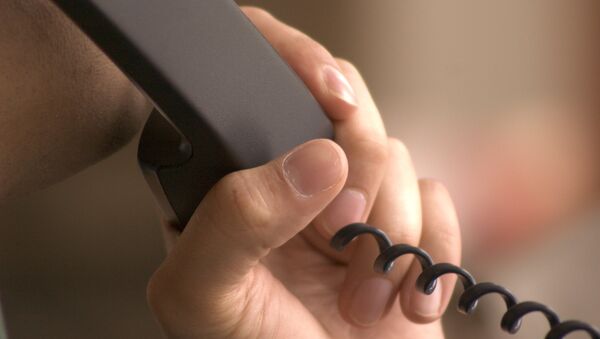Most phone calls in and out of prison are recorded. The enormous amount of data stored, including sensitive attorney-client communications, is extremely time-consuming to monitor. Data-culling by humans, including audio transcription, can cost $50 an hour or more.
Now voice-recognition software has been installed in a Midwest jail and has been shown to be effective.
The software, using a self-teaching algorithm, was taught to match audio files of congressional hearings with their transcripts, after which the application became capable of recognizing patterns in accents and speech.
Collecting statistics on word usage, the system discovered a unique phrase used often during prison phone calls. The phrase "three-way," initially believed by prison administrators to refer to a sexual behavior, turned out to be a different form of code. As prisoners are only allowed a limited set of phone numbers to call, they would ask the call recipient to dial a third party, hence a three-way call.
Before the software was implemented, the alternative code went unnoticed.
According to Nigel Cannings, a software executive, the cost of using an application to perform the exhaustive tasks formerly handled by humans is just 6 cents an hour. At this price, the ability of the US prison system to closely monitor the communications of those incarcerated can be easily expanded.



